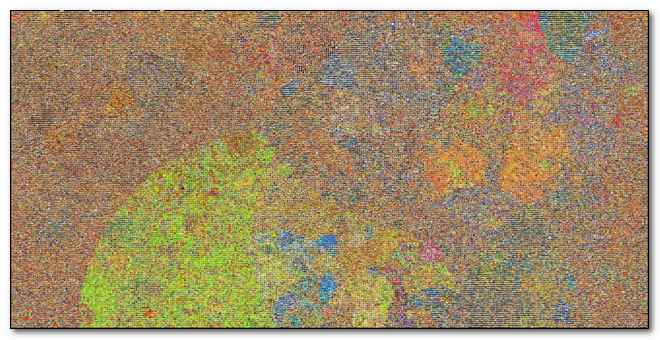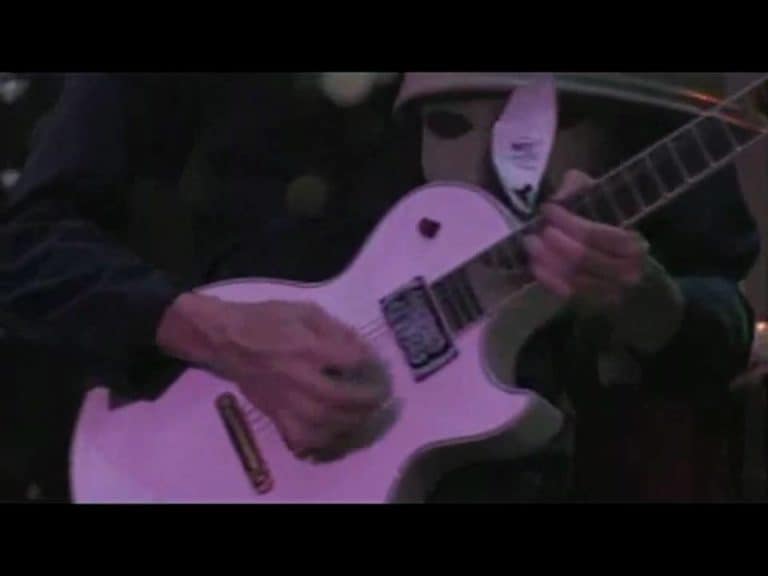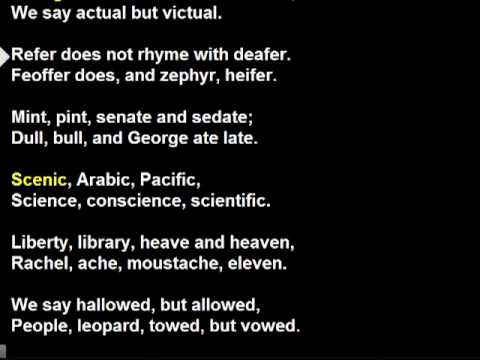Introduction
Dans le cadre de l’apprentissage de l’anglais, il est essentiel de maîtriser un certain nombre d’expressions courantes pour communiquer efficacement. Que ce soit pour exprimer une opinion, poser une question ou relier des idées, ces formules peuvent grandement faciliter les échanges, tant à l’oral qu’à l’écrit.
Cet article vous propose une sélection d’expressions utiles qui vous aideront à naviguer dans diverses situations de communication. Que vous soyez étudiant, professionnel ou simplement désireux d’améliorer votre anglais, ces outils linguistiques vous permettront de vous exprimer avec plus de clarté et de confiance. Explorons ensemble ces expressions essentielles !
1. Interagir à l’oral et à l’écrit
Giving one’s opinion
- To my mind / In my opinion…
- It seems to me that…
- I feel / believe that…
- I can’t help thinking that…
- My feeling is that…
- As a matter of fact, I am convinced that…
- For my part, I consider that…
Expressing agreement
- l agree with…
- It is true to say that…
- So do I / Neither do I
- That’s exactly how I see it
- I perfectly understand that…
- You / They are right to suggest that…
- I share your point of view…
- I see eye to eye with you…
Expressing disagreement
- I don’t agree / I disagree with you about that…
- Contrary to / Unlike…, I feel that…
- That’s not how I see it.
- Instead of V-ING…
- I don’t see things that way.
Expressing doubts, protest
- However, I am not really sure that…
- I am rather sceptical about…
- In theory, it sounds… but in practice…
- I object to / disapprove of GN / V-ING
- How can they…? / What right have they to…?
Suggesting and convincing
- How / What about V-ING
- Why don’t you / Why not + V
- Don’t you think that…?
- I suggest V-ING / I suggest we (should) V
- We should definitely V…
- I’m convinced that…
- It seems to me that…
- I’m sure you will / won’t V…
Expressing surprise
- I can’t / couldn’t believe it / my eyes!
- You can’t imagine what I saw! How surprised I was!
- It was truly amazing!
- How fantastic it was!
- How astonishing to see such…!
- I was amazed by / stunned by / astounded by…
- It was just unbelievable!
- Just imagine!
- Fancy that!
- What a sight! / How strange!…
- What I find the most incredible / unpleasant / shocking is that…
Expressing enthusiasm
- It must be great / terrific…
- How interesting / fantastic!
- I’d just love to…
- I was so impressed by…
- I can’t wait to see that!
Expressing likes and dislikes
- I’m fond of / keen on GN/V-ING
- I fancy GN/V-ING
- I enjoy V-ING
- I love GN/V-ING
- I’m mad / crazy about…! (informel)
- I hate GN/V-ING
- I can’t stand / bear GN/V-ING
- I can’t put up with GN/V-ING
- I don’t go for it. (informel)
Expressing preferences
- I prefer V-ing to V-ING
- I’d rather V than V
- I’d rather you V (prétérit modal)
- I feel more like V-ING than V-ING
- Instead of GN/V-ING (Au lieu de)
- I like it better/best
Being indifferent
- I don’t mind (him/her) V-ING…
- As you like / wish.
- It doesn’t matter. / Never mind.
- Why not?
- It doesn’t matter to me whether… or…
- I don’t care.
Expressing wishes and intentions
- I would like to V
- I’d love to V
- I feel like GN/V-ING
- I hope to V
- I wish you’d V
- If only I / you V (prétérit modal)
- I would appreciate it if…
- I am looking forward to V-ING
- I dream of GN/V-ING
- I’m dying for GN/ to V
- I want to V
- I’m thinking of V-ING
- I’m about to V
- I plan / mean / intend/ aim to V
- Whether you like it or not, I’ll V
- I’m determined (not) to V
Expressing regret and reproach
- I regret V-ING
- I should (not) have V-EN
- If only / I wish I had (not) V-EN
- You shouldn’t have V-EN
- Why didn’t you V?
- How could you V?
- What a shame!
- How awful (of you)!
- Why on earth did / didn’t you V?
Giving orders
- I want you to V
- You have / have got to V
- You must V
- Will you V!
- Stop shouting! / Do be quiet.
- Don’t V
- Stop V-ING
- I’ll have / make GN/V




